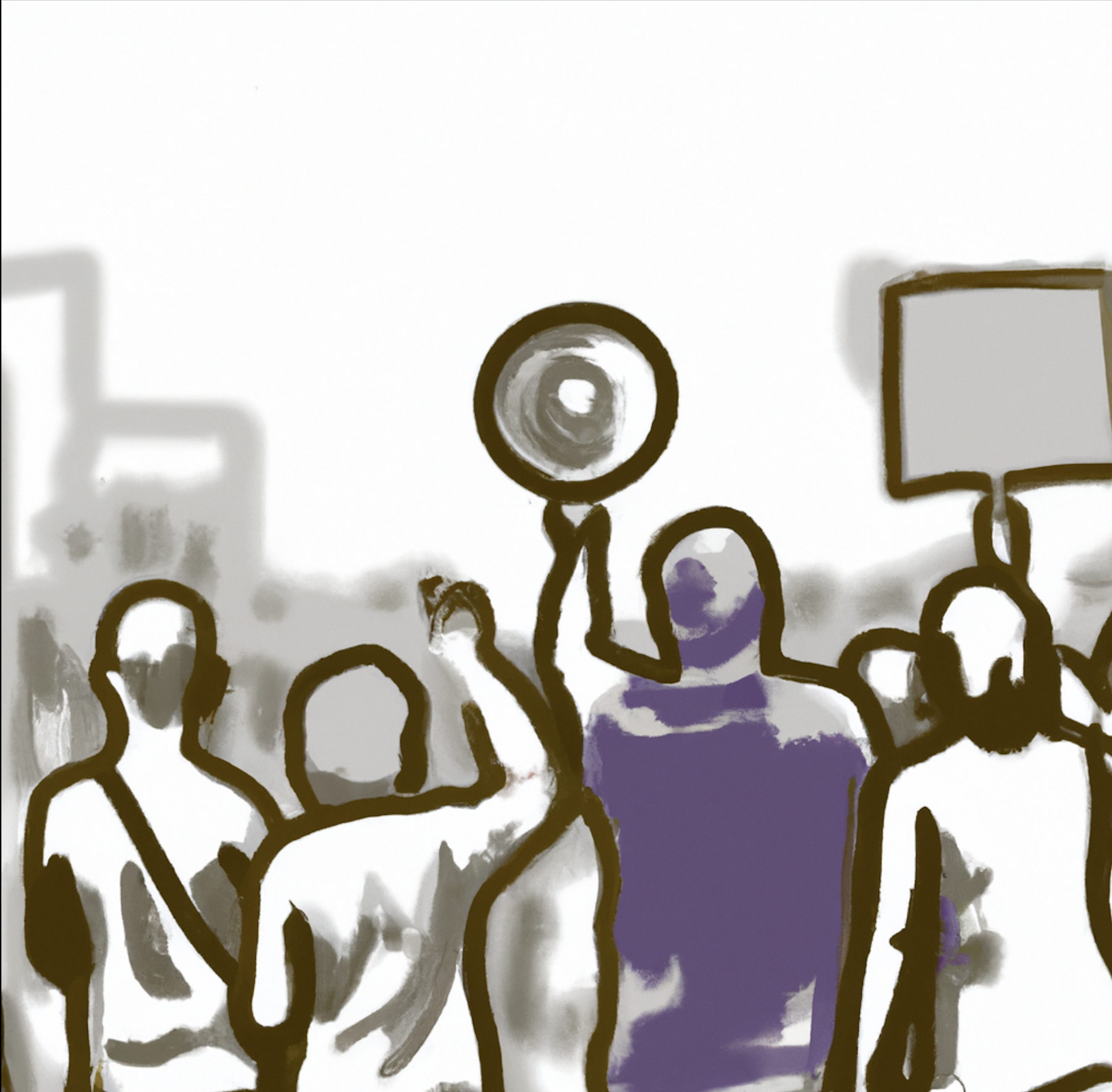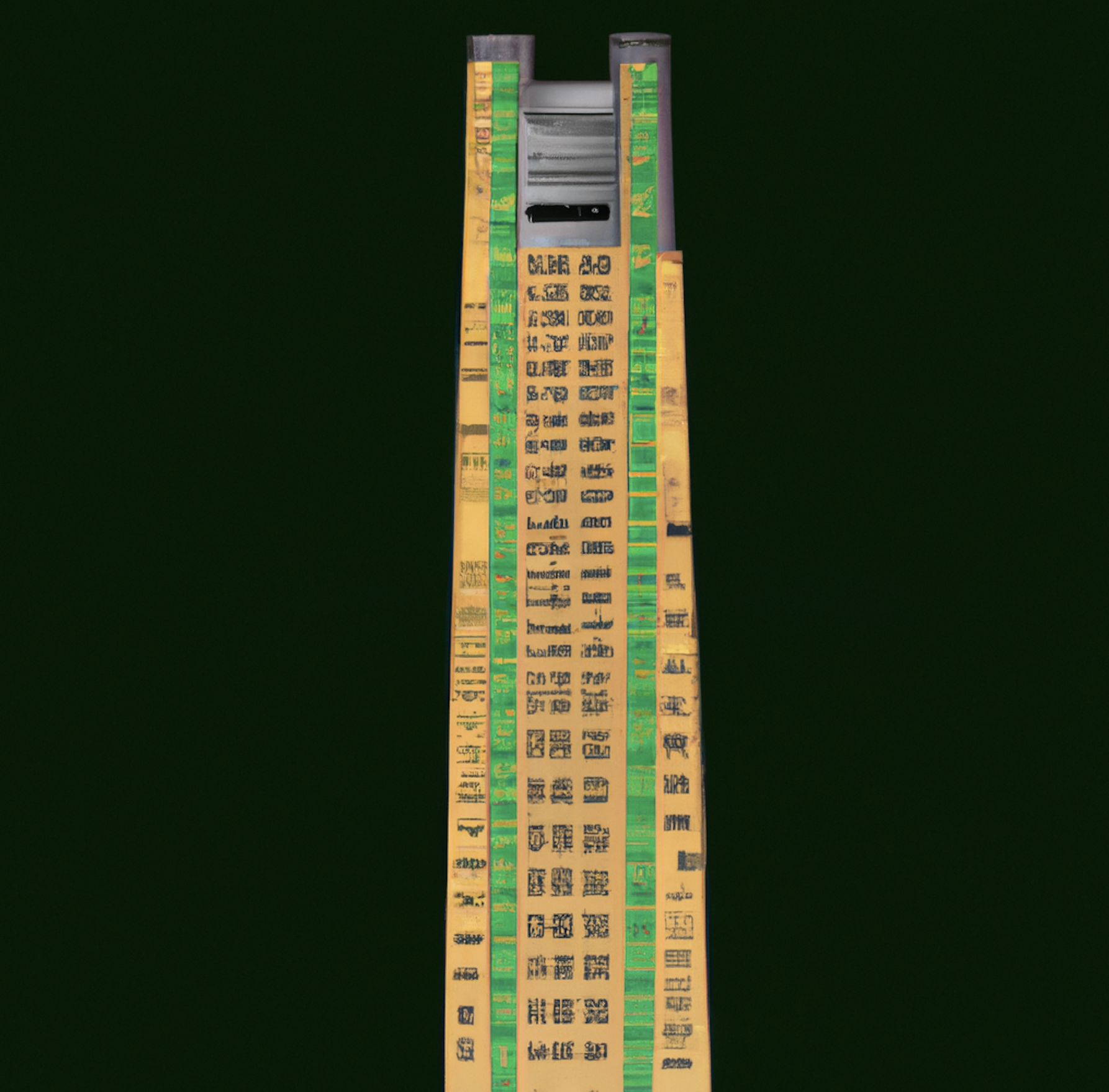Text and photos by Debbie Humphry
Thanks to Melissa Herman for recording the audio clips.
“those people in there like the phoenix shall rise from the ashes and the truth shall come out”

Much has already been written about the shocking Grenfell Tower fire, with Facebook and Twitter in particular creating a space for the voices of local people directly affected. Pilgrim Tucker (Radical Housing Network) had been working with Grenfell Tower residents to address concerns about safety, neglect and mismanagement by the Kensington and Chelsea Tenant Management Organisation (KCTMO), who we now know failed to respond or undertake basic, vital maintenance. This horrendous tragedy pivoted on the symbolic inequality of people being unheard, silenced and dismissed, with the most grievous and heinous material consequences. Tucker says,
“The people who lived in Grenfell Tower should be writing this article. But those who died cannot tell their stories, and those who survived are still dealing with their trauma. The residents had tried for so many years but were silenced by a system that prevented them from being heard. The most persistent were threatened with legal action defamation, which had the effect of discrediting their claims of neglect and mismanagement. It’s only now that people are listening – when it’s too late. (The Guardian, 20th June, 2017)”.
A few days previously (16th June 2017) residents and protesters had marched from Kensington Town Hall to Grenfell Tower demanding answers and justice. Local residents then participated in a series of spontaneous and simultaneous speeches over several hours, at the same time as candles were lit and flowers laid outside the Latymer Christian Centre. We don’t want to speak for the local people, so this piece is primarily intended to give their voices some space, briefly contextualised within the wider structural inequalities that scar our present historical moment.
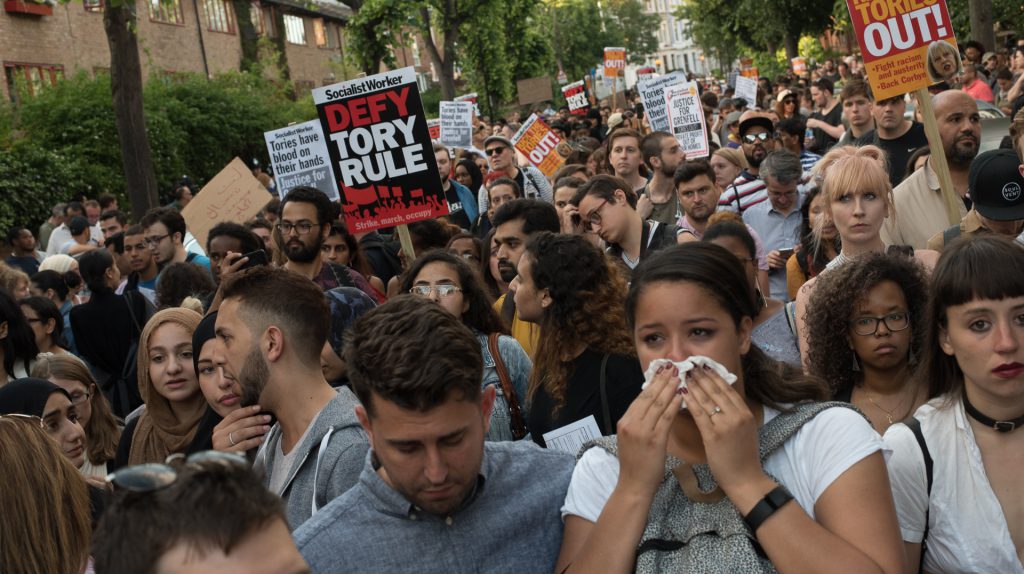
Fury drove all the speeches, directed at the under-investment and neglect that had caused the fire, and at the continuing negligence by both local and central government in its aftermath,
“We are not disposable. These people that lived here and died here are not disposable. Their neighbours are not disposable. They all mean something.”
“People who don’t have enough are treated like crap by people who have so much. There’s a certain level of struggling that I understand, but we are not from the third world, and when you live in a country that call themselves Great Britain they should be doing things that are great for everyone, not just sitting in the council and doing them for themselves.”
“Where are they?”
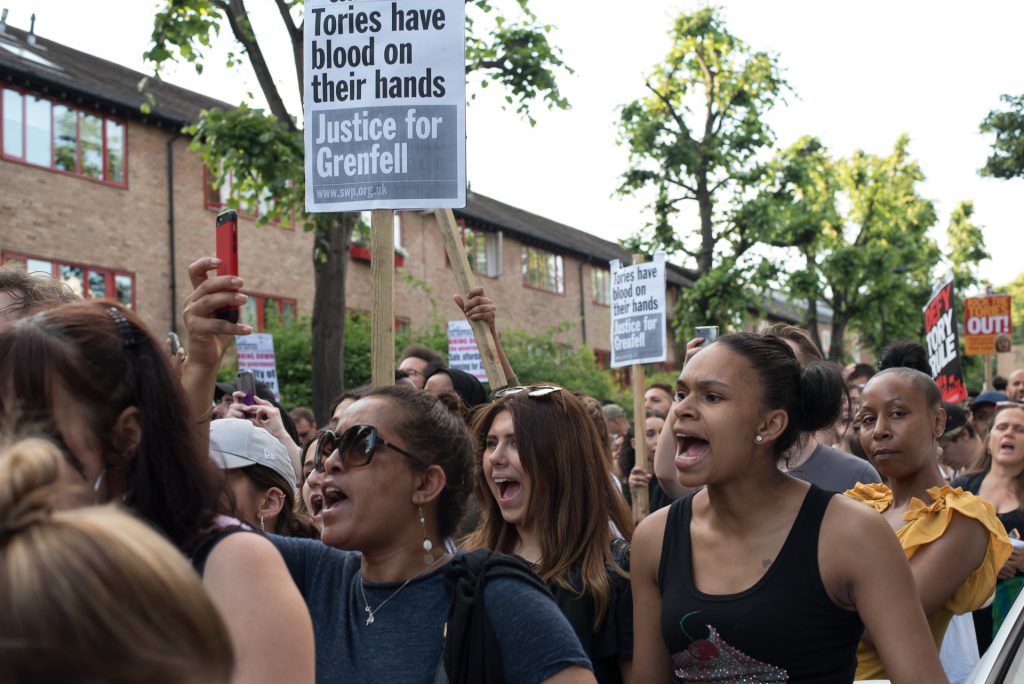
Every speaker invoked an acute awareness of extreme inequality, and their position in this scheme,
“This is the richest borough in England, apparently the richest borough in Europe, why haven’t all of the hotels in the borough of Kensington and Chelsea offered rooms to these people that are lying down on cold floors, wondering if their loved ones are alive or dead? Why has the government given them an 0800 number to phone like they’re trying to win a scratch card prize, instead of setting up a crisis management centre? We all shop in Tesco, Sainsbury’s, Asda, Waitrose, but not a single supermarket has sent a food truck or some kind of services to people. Why are they treating us like the shit underneath their shoes? It is because we are people of colour? Is it because we are poor? Is it because they consider us the working class? Why? Why isn’t Theresa May out here amongst you, talking to you, as humans? Where is the government? Why are they not physically here? And that is why I am so angry.”
This neglect was understood as the product of a self-interest prioritizing the wealthy and powerful over the vulnerable and poor, communicated via images of avarice and greed,
“So our government, they act like animals. While they’re eating their steak, drinking their fine wine, it’s us that are struggling, going to Tesco and Iceland shopping for the last penny in the pound.”
Relationality lay at the heart of people’s understanding, as all the narratives invoked how the privileged seized their interests at the expense of the poor. This was expressed with reference to ‘regeneration’, which was understood as a political process of neglect, destruction and displacement of social tenants and their homes in order to make way for the wealthy. This was invoked with reference to the fire itself, and responses to it,
“I used to work for the council. Where there’s a tower block they want to shut it down and remove them. And you know why? Because the rich people want to come in. So they put the cladding up to make it look nice and pretty for those who are coming in, to make the property values go up. Whilst you sit in your homes, waiting for your toilet to be fixed, waiting for your children to get the right school, waiting for people to understand that you are struggling.”
“If this government thinks they are gonna move these people outside of Kensington, no way!”
“They are trying to uproot people who have lived here all their lives. West London is the heart of London. How dare you try and uproot these people and move them to Birmingham, this place, that place? How can you do that to people who have contributed to this area? This area is this way because of the community, because of our culture, not because of them. Take us away! We are not the minority, we are the majority. Stand up!”

Public housing and local culture is understood as being appropriated by the private sector in order to profit the wealthy, and this is understood as part of a wider neoliberal drive for austerity measures that shift resources from public realm to private purse, with devastating consequences,
“When I watch them in Parliament, go and understand what these people are really doing. Go and understand that when they try to shut down the NHS, there’s a private company waiting in the background, who are their friends. So the same way you’re seeing this building has gone down. I’m a doctor. What they’re doing to the NHS, they’re killing thousands of people with their policies. This government and these corporate empires.”
“What happened to me when I saw this fire? I cried. I’m a grown man, I have three grown teenage children, and I cried and I broke down, because I have never seen something as terrible as this in my whole entire adult life. I am so disgusted, disgusted to the bone, that the company that fitted that cladding, saved themselves £2 per square metre, which worked out to between five and ten thousand pounds to choose a flammable instead of a non-flammable cladding, and they could have saved many lives. Why haven’t they been arrested?”
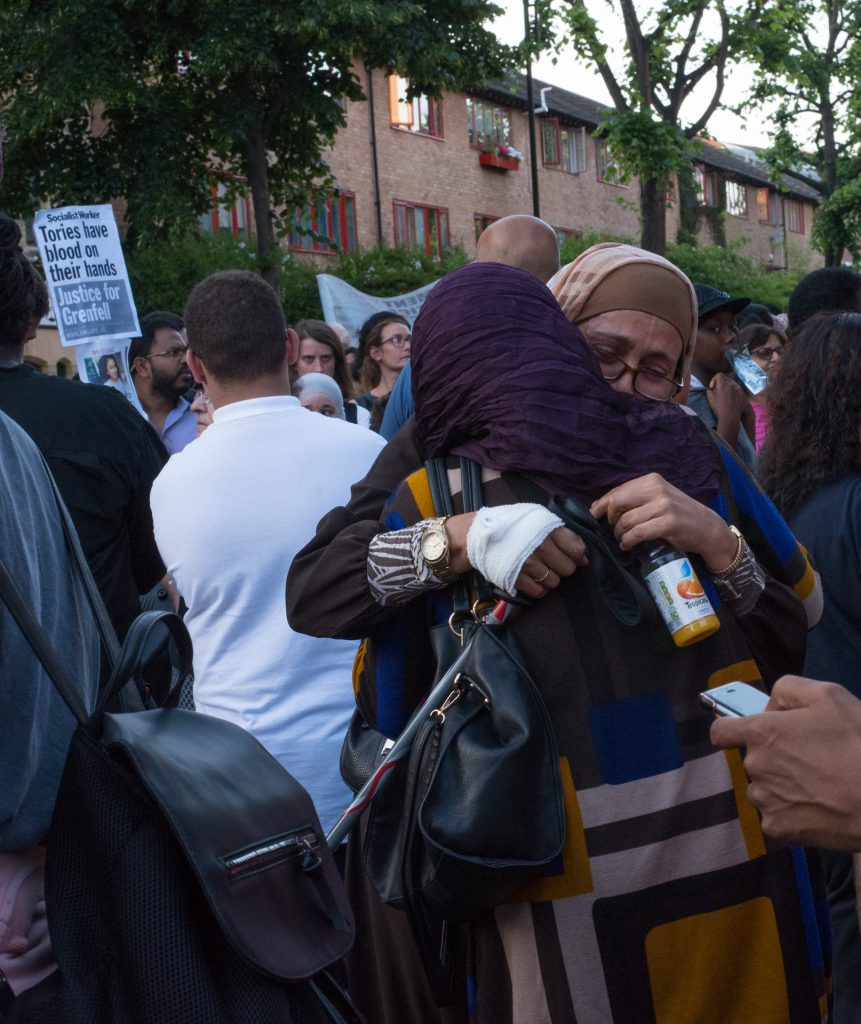
So much grief and anger: but might this be channeled into progressive social change at this moment already wrought with political instability? The show of unity and the call for unity have been ever-present since the fire,
“People have to come together. This is just too much. This has to change things. We cannot let people burn to death. We cannot let children be thrown out of buildings, from the 20th floor. We have to call this government to account, and we have to stop this. And we also have to do more. We have to change this entire society so that normal people have value. They have put a pound sterling value on all of your lives here, and I can tell you its not very high. We have to change things.”

From the care and support amongst local people on the ground at Grenfell Tower, to the public who have poured in their donations and labour, the power of the collective is profoundly moving. Anger, but also love, was present amongst the residents and protestors,
“In all this peril, in all this heartache, look at our community, look how we are tight knit, black, white, Muslim, Jewish, Hindu, we’re all here. We are untouchable if we use love and unity. We are untouchable. Let’s all stand together, in love and respect.”
Conclusion
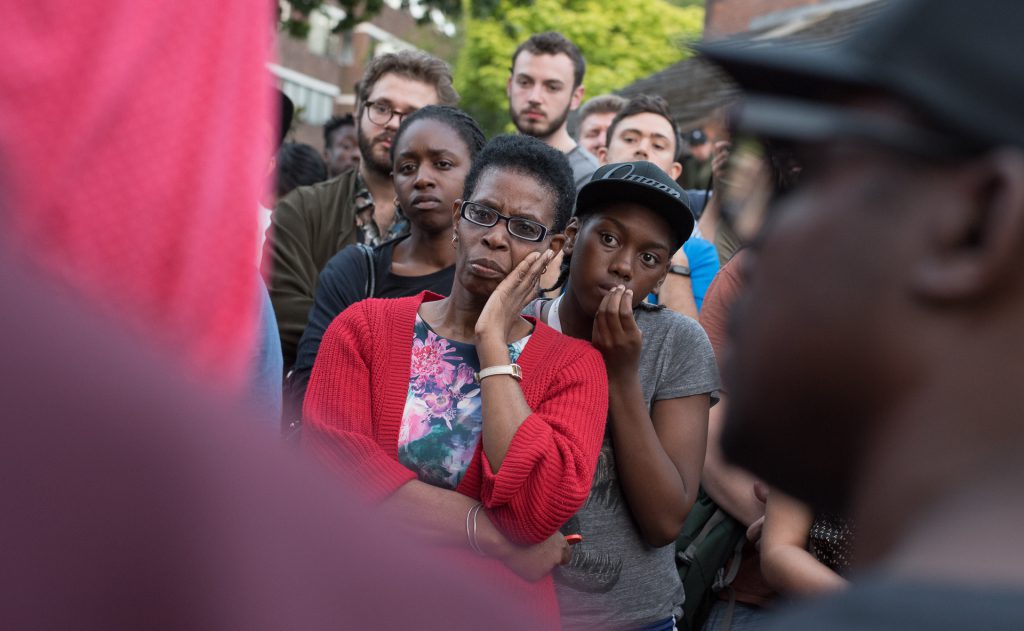
Following this tragedy there is a chance for a political, social and economic sea change. But we cannot assume or rest, we need to grasp the nettle and persistently work together for change. Like many others I thought the bankers and what they stood for would be held accountable in 2008 for a global financial crisis detonated by their voracious heedless risk-taking regarding the financialisation of housing (US Financial Crisis Inquiry Commission 2011). But in its wake the UK Conservative party came to power by turning this story of greed and ineptitude by the rich into one of stigmatization and subjugation of the poor. The state bailed out the banks (unlike in Iceland where bankers were imprisoned), and let the poor pay the bill through punitive austerity measures, justified by a stigmatizing narrative of the individual pathologies of benefit dependency and worklessness (Jay Wiggan 2012; Tom Slater 2016). We can see hints of it already in calls by some media and politicians to pull down tower blocks in response to the fire, so it is vital that the solutions offered to the Grenfell tragedy do not result in further oppressions against those already at the sharp end of inequality. Neither must the response be piecemeal with no wider structural, political and cultural change. Survivors of the fire may have been offered social homes in the luxury development Kensington Row, but this does nothing to address the underinvestment, neglect and displacement of poor people, driven by the privatization, primacy of profit and financialisation of housing that underpins the long-term neglect, mismanagement, stonewalling and contempt experienced by not only Grenfell residents, but thousands of other lower income people struggling to live in secure and habitable homes. This is not just about unsafe cladding or even inadequate inspections and regulations. The quest for justice and accountability must drill down to the underpinning practices of neoliberal economics, highlight the political elites who prop it up, and replace the associated individualistic values with an alternative ethic of equality and care.

However, in the midst of the justifiable anger it is crucial that all quarters hold on to the ethic of love, respect and care evoked by these speeches, as expressed so well by the words of Ishmahil Blagrove, who is part of the ‘Justice 4 Grenfell’ campaign,
“Jackals in the form of agitators are attempting to stoke the flames of anger and bring violence to the streets… We will no longer tolerate such opportunists, the community must be left to grieve and to centralise and organise the voices that will eventually bring justice to the victims, their families and the community. I am asking the young lions of this community to harness their anger and to continue eating grass, knowing full well that you want meat. You have my assurance that I will be hovering over this campaign to ensure that JUSTICE is received and that ALL of those responsible for this tragedy will be held to account. This campaign will be steered by survivors and bereaved families. They need time to recover from their trauma and when they tell us they are ready to start the walk to JUSTICE, then the process will begin. (Facebook 20th June 2017).”

Debbie Humphry is CITY Editor and website editor, Lecturer in Human Geography at Kingston University, photographer and housing campaigner
Melissa Herman is a participative filmmaker and housing campaigner.

